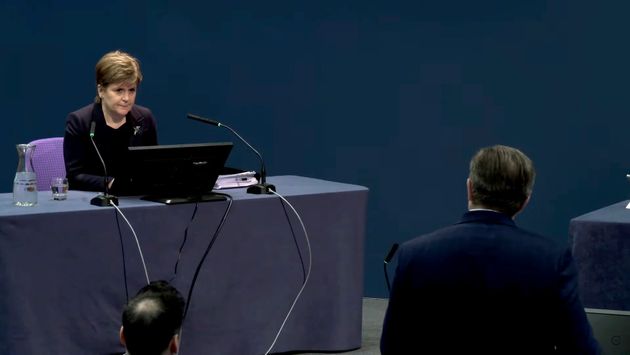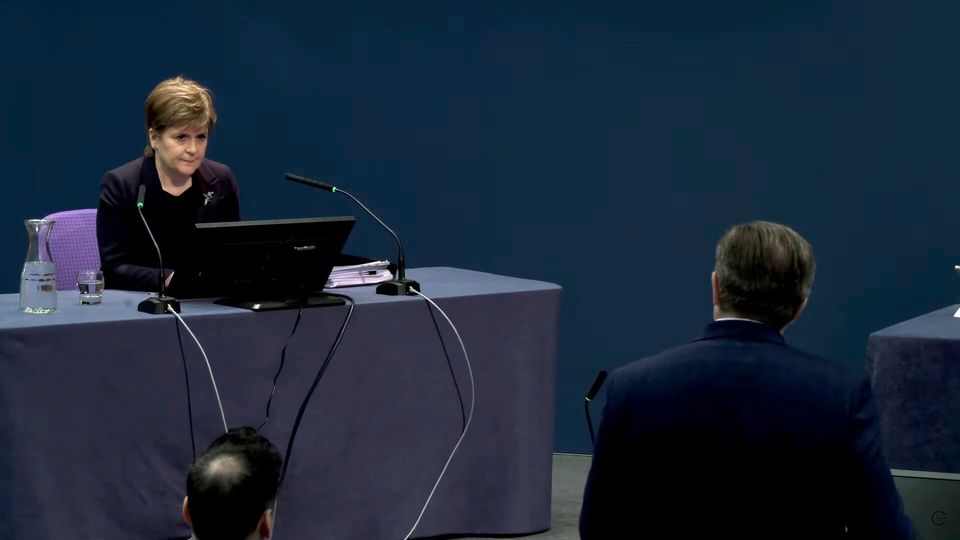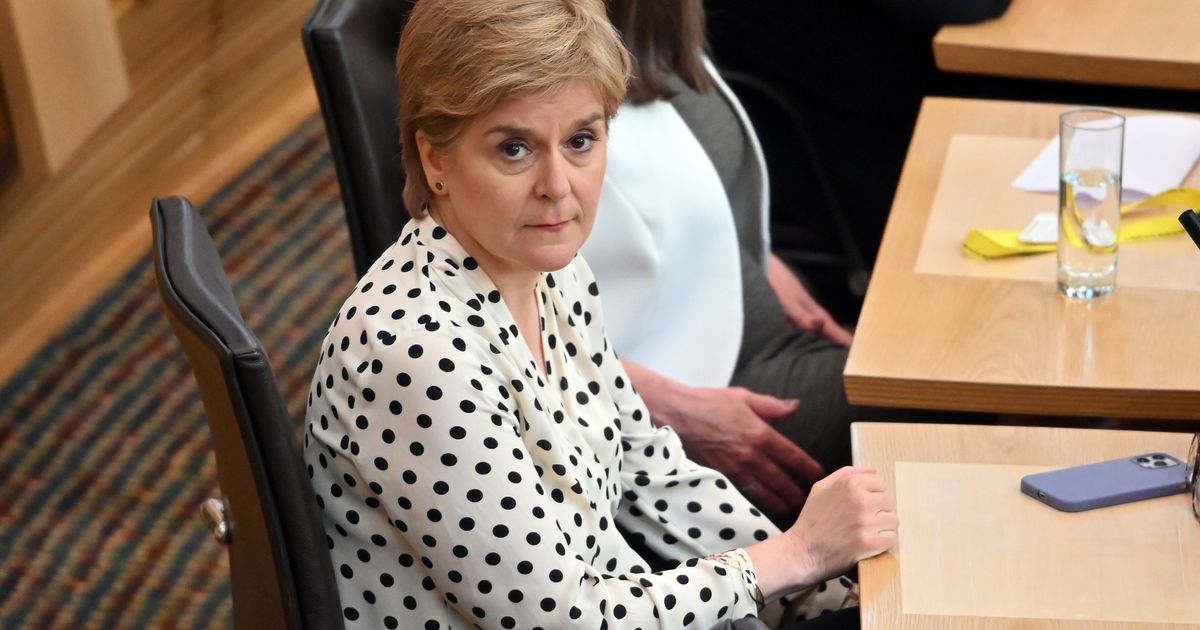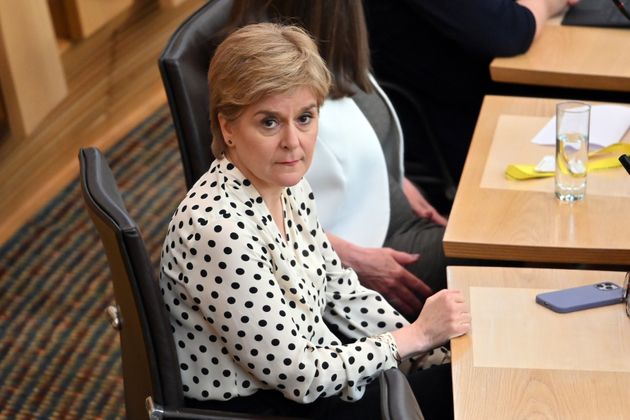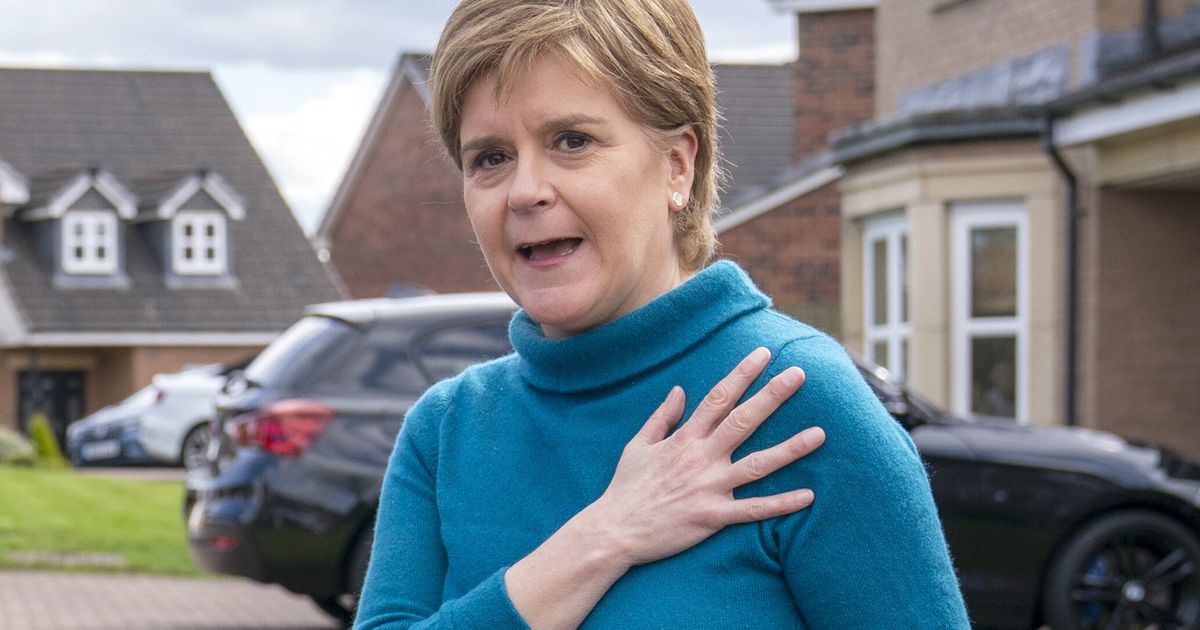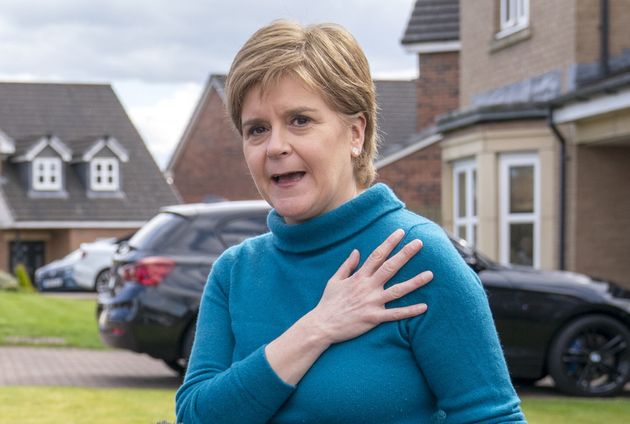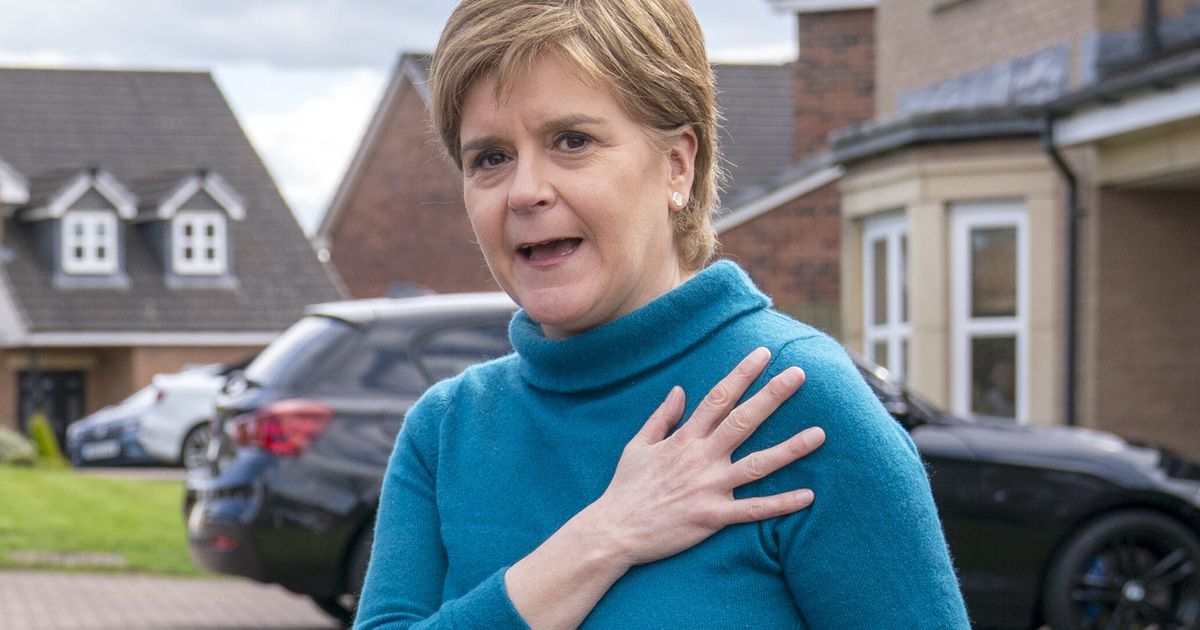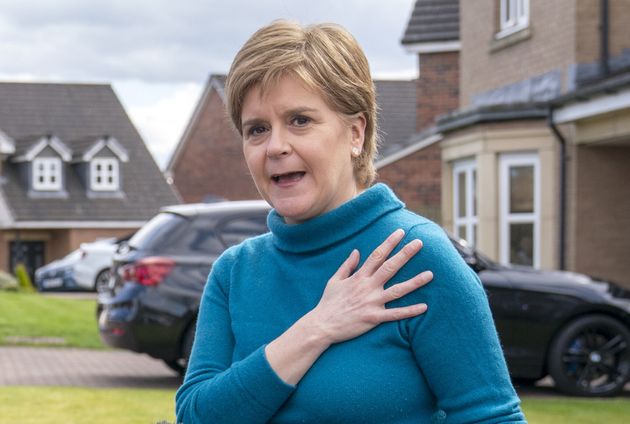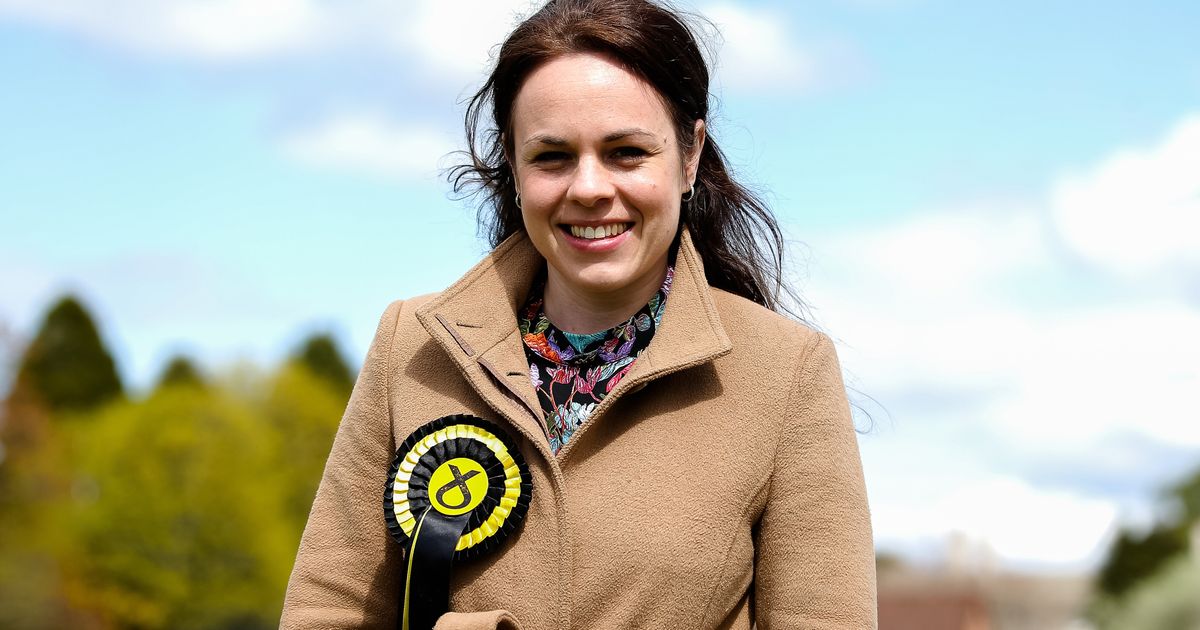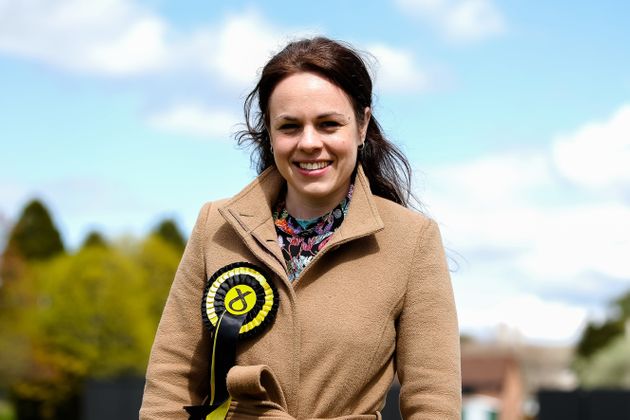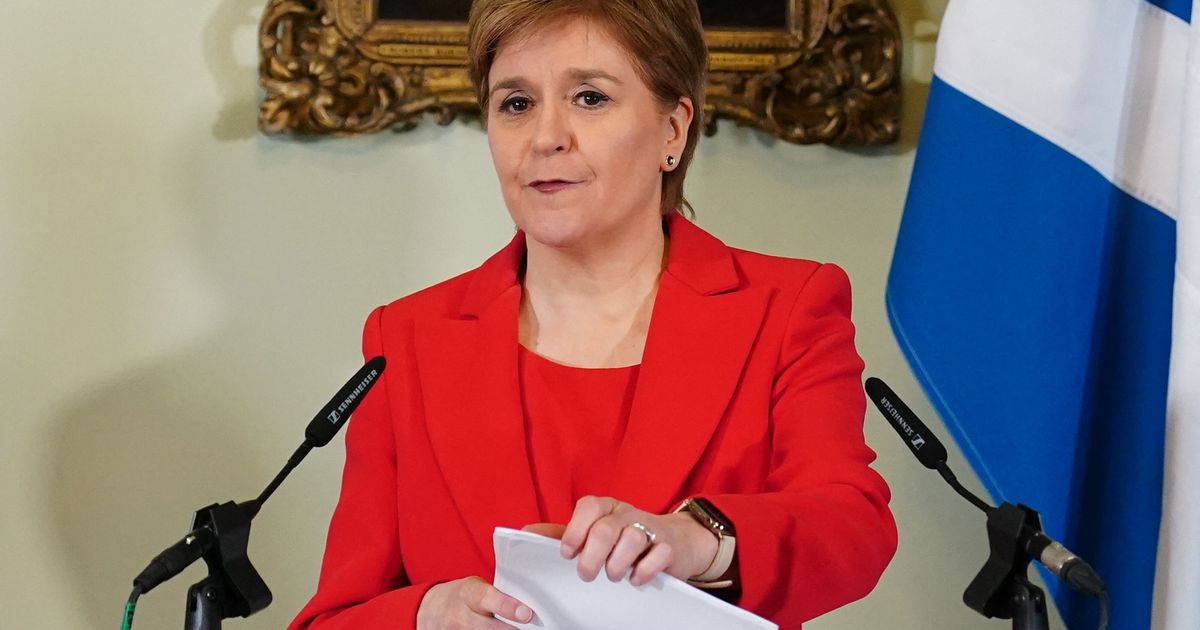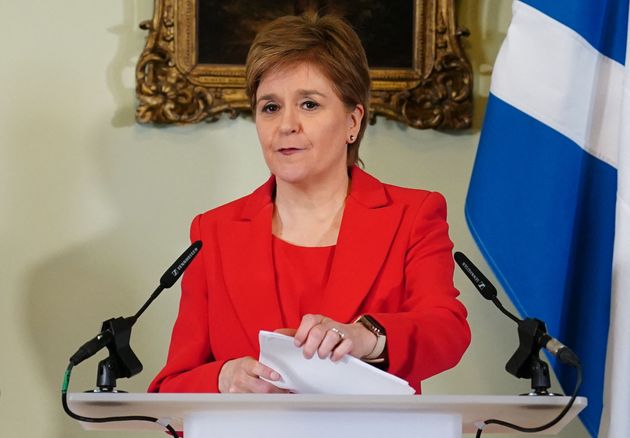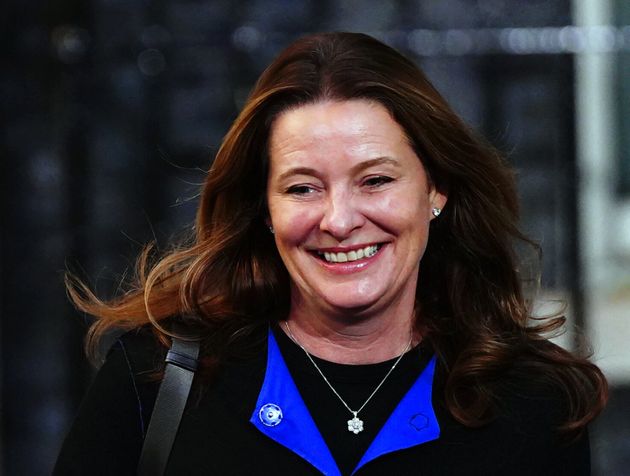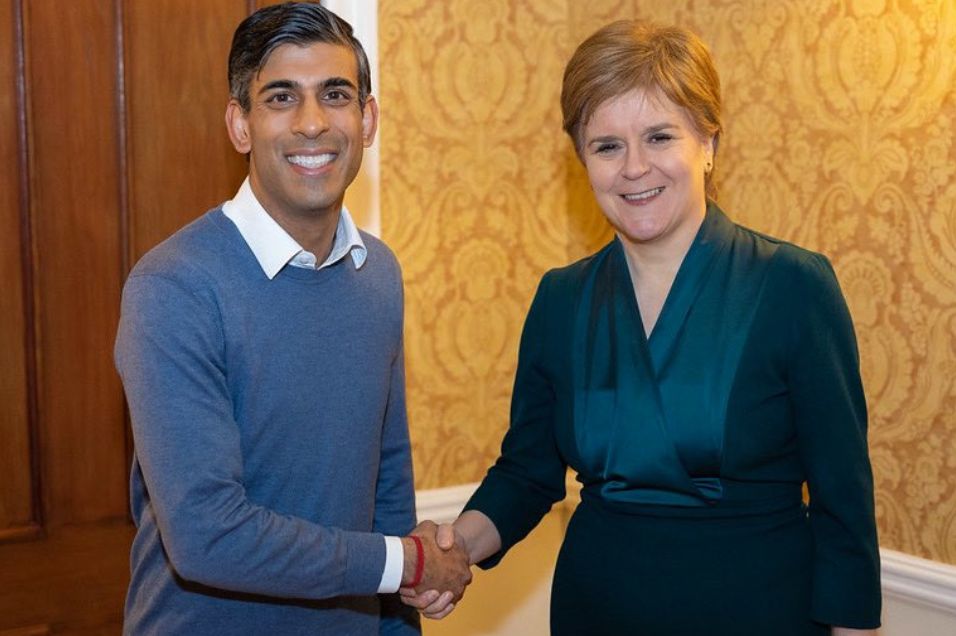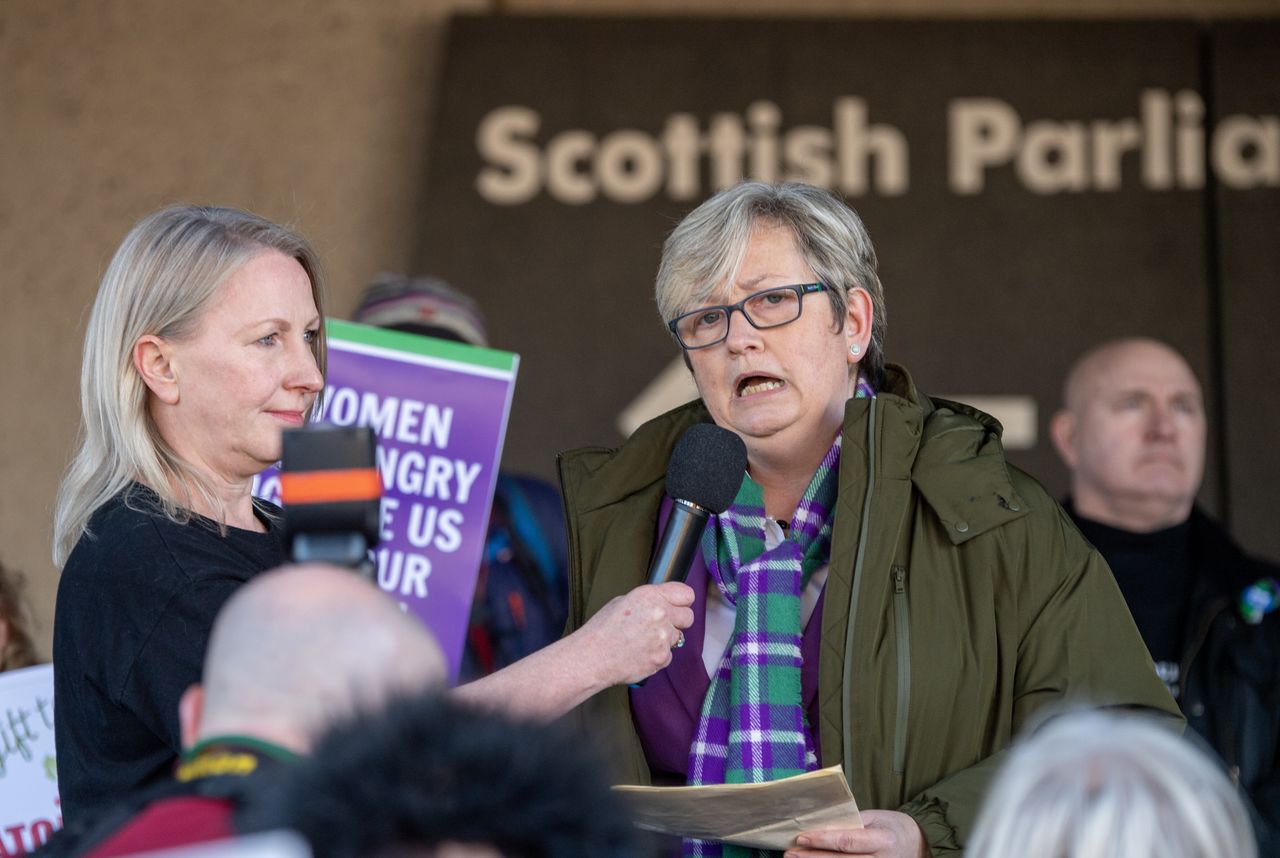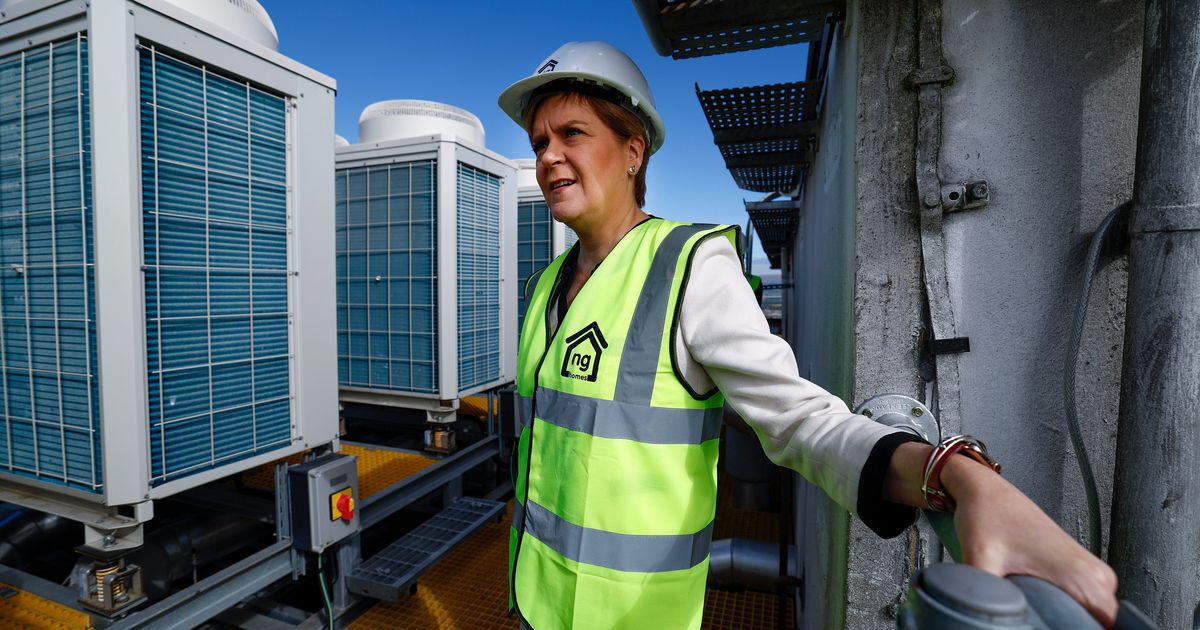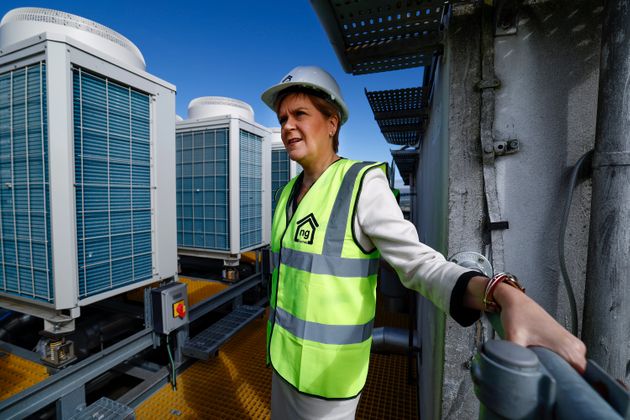LONDON (AP) — The former Scottish leader in office during the Covid-19 pandemic choked up on Wednesday as she admitted to a public inquiry into the outbreak that she sometimes doubted whether she wanted to be first minister at such a consequential time.
Nicola Sturgeon told the United Kingdom’s public inquiry into the pandemic that she sometimes felt “overwhelmed by the scale of what we were dealing with”, particularly at the start of the pandemic in the first half of 2020. Although Scotland is part of the UK, its government has powers over matters relating to public health.
Advertisement
“I was the first minister when the pandemic struck,” she said in Edinburgh. “There’s a large part of me wishes that I hadn’t been, but I was, and I wanted to be the best first minister.”
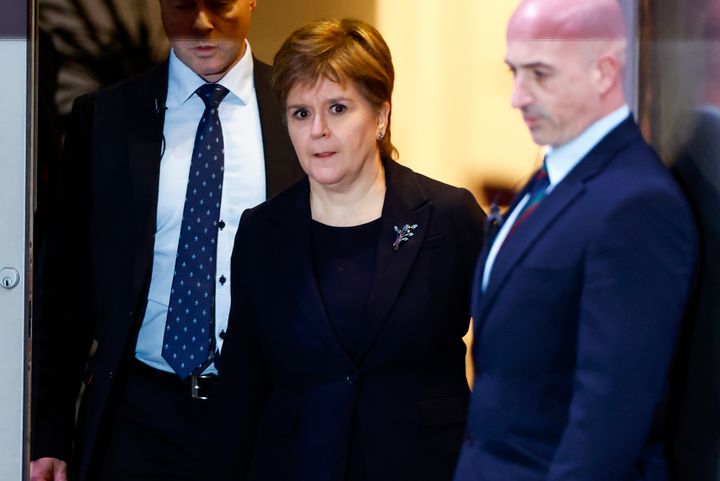
Jeff J Mitchell via Getty Images
Sturgeon, 53, became first minister in 2014 after Scotland voted to remain part of the UK in a referendum and was in office until her surprise resignation in 2023.
Sturgeon won numerous plaudits for her handling of the pandemic. She was widely seen to have been on top of things, and clear in her public pronouncements, especially when compared to former UK Prime Minister Boris Johnson, who led policy in England and who gave evidence to the inquiry late last year.
Advertisement
The UK suffered one of the worst Covid-related death tolls during the pandemic, with around 235,000 deaths. Scotland’s death toll stands at more than 18,000
However, Sturgeon’s reputation has taken a battering over the past few months, especially in the wake of her arrest last June over a police investigation into the finances of the governing, pro-independence Scottish National Party. She hasn’t been charged and insists she has done nothing wrong.
Sturgeon’s standing has been further dented by the recent revelation that her WhatsApp messages had been deleted, which has led to questions about her trustworthiness.
She admitted to the inquiry that she deleted WhatsApp messages but insisted that she didn’t use informal messaging such as WhatsApp to make decisions.
“During the pandemic I did not make extensive use of informal messaging and certainly did not use it to make decisions,” she said.
Advertisement
While Sturgeon conceded that WhatsApp had become “too common” within the Scottish government, Sturgeon said she exchanged WhatsApps with no more than a “handful” of people, and wasn’t a member of any groups.
She said she deleted messages in line with official advice that messages could be comprised if a phone was lost or stolen, and that “salient” points were all recorded on the corporate record.
The former first minister said she had “always assumed there would be a public inquiry” and apologised for any lack of clarity at a public briefing in August 2021 where she said her WhatsApps would be handed over despite knowing they had already been deleted.
Last week, Sturgeon’s successor as first minister, Humza Yousaf, offered an “unreserved” apology for the Scottish government’s “frankly poor” handling of requests for WhatsApp messages. He has announced an external review into the government’s use of mobile messaging.
The inquiry is divided into four so-called modules, with the current phase focusing on political decision-making around major developments, such as the timing of lockdowns. Though the devolved governments in Scotland, Wales and Northern Ireland had policy independence, the UK as a whole often moved as one, especially when it came to lockdown decisions.
Advertisement
The inquiry, led by retired Judge Heather Hallett, is expected to take three years to complete, though interim assessments are set to be published.
Johnson agreed in late 2021 to hold a public inquiry after heavy pressure from bereaved families, who have been particularly angry at the evidence emerging about his actions.
The lawyer representing the Scottish Covid Bereaved group, Aamer Anwar, said Sturgeon had delivered a “polished performance” but that his clients were “deeply unsatisfied” with the explanations around the deletion of WhatsApp messages.
He said the group is considering calling for a criminal investigation into the actions of the former first minister and others.

